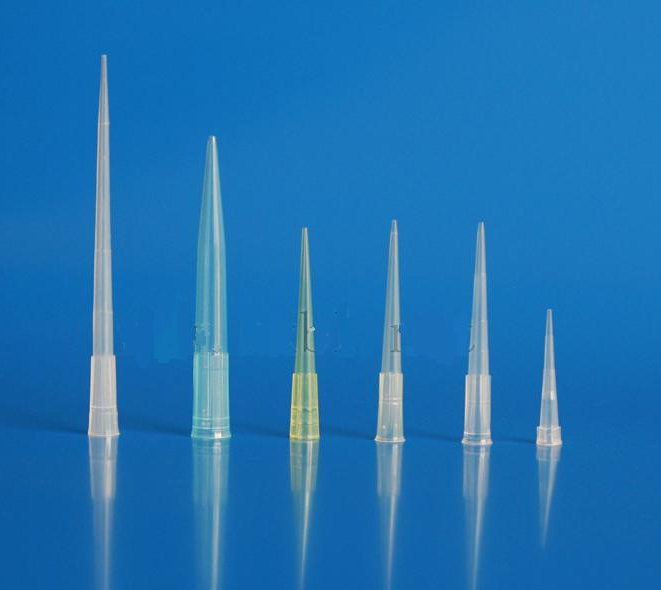Email format error
Email cannot be empty
Email already exists
6-20 characters(letters plus numbers only)
The password is inconsistent
Email format error
Email cannot be empty
Email does not exist
6-20 characters(letters plus numbers only)
The password is inconsistent

Plastic Injection Moulding Machine Manufacturer
Latest Blog

Versatile Excellence: Plastic Corrugated Pipes Unveiled
Introduction: Plastic Corrugated Pipe Overview
Plastic corrugated pipes, with their innovative design and superior performance, have become a cornerstone in various industries. In this article, we will delve into the definition, applications, and comparative analysis of traditional materials to unveil the remarkable value of plastic corrugated pipes across different domains.
1. Plastic Corrugated Pipes Overview
1.1 Definition
Plastic corrugated pipes represent a category of piping systems crafted from high-quality plastic materials and featuring a distinctive corrugated structure. This design not only enhances the pipes' strength but also improves flexibility, making them well-suited for intricate engineering environments. Compared to traditional rigid pipes, plastic corrugated pipes exhibit better adaptability to variations in underground soil, thereby reducing construction complexities.
In practical applications, these pipes are typically made from high-performance plastics such as polyethylene or polypropylene, endowing them with excellent corrosion resistance and resistance to chemical deterioration, making them suitable for various fluid transport scenarios.
1.2 Applications
1.2.1 Industrial Applications
Plastic corrugated pipes find extensive use in the industrial sector, especially in the chemical and manufacturing industries. Their corrosion resistance and exceptional fluid transport performance make them an ideal choice for conveying chemical liquids and wastewater. In these environments, the lightweight characteristics of plastic corrugated pipes significantly simplify the installation process, enhancing project efficiency.
1.2.2 Applications in Construction and Civil Engineering
In the fields of construction and civil engineering, plastic corrugated pipes are commonly used in drainage systems, underground drainage, and rainwater collection. Their flexibility allows them to adapt to soil movements, reducing the risk of pipe fractures. This contributes significantly to the sustainable development of urban infrastructure.
1.2.3 Applications in Other Relevant Industries
Beyond the industrial and construction sectors, plastic corrugated pipes play a crucial role in agricultural drainage systems, mineral conveyance, and other related fields. Their adaptability and customization make them capable of meeting unique requirements across various industries.

2. Comparison with Traditional Materials
2.1 Advantages
2.1.1 Lightweight Characteristics and Ease of Installation
The design of plastic corrugated pipes, emphasizing lightweight characteristics, facilitates more convenient transportation and installation processes. In comparison to traditional metal pipes, they reduce transportation costs and alleviate the physical strain on workers at the construction site. This stands out as a significant advantage for large-scale engineering projects.
2.1.2 Corrosion Resistance and Longevity
In contrast to the susceptibility of metal pipes to corrosion, plastic corrugated pipes demonstrate outstanding resistance. This makes them excel in harsh environments, maintaining efficient operations over extended periods. In coastal areas or environments with corrosive mediums, the advantages of plastic corrugated pipes become even more apparent.
2.1.3 Cost-Effectiveness and Easy Maintenance
From a long-term investment perspective, plastic corrugated pipes are cost-competitive. Their durability and low maintenance requirements reduce operational costs, providing substantial savings for businesses. The repair process is also simplified, minimizing downtime.
2.2 Associated Challenges
2.2.1 Environmental Impact and Sustainability Considerations
Despite the many advantages of plastic corrugated pipes, their manufacturing and disposal processes still involve some environmental impact. In this regard, the industry continuously strives to find more environmentally friendly materials and manufacturing processes to ensure sustainability.
2.2.2 Technological Limitations and Application Scope
The flexibility of plastic corrugated pipes introduces some technological limitations, especially in high-temperature and high-pressure environments. When selecting pipe materials, careful consideration of specific engineering requirements is necessary to ensure the optimal choice for the pipe system.
Conclusion
In summary, plastic corrugated pipes, with their unique design and superior performance, have found successful applications across various domains. Their characteristics, such as lightweight design, corrosion resistance, and longevity, make them a preferred choice for numerous engineering projects. However, environmental impact and specific technical limitations in certain applications must be carefully considered. Looking ahead, ongoing advancements in materials and technologies will likely further enhance the adaptability and sustainability of plastic corrugated pipes in diverse industries.

